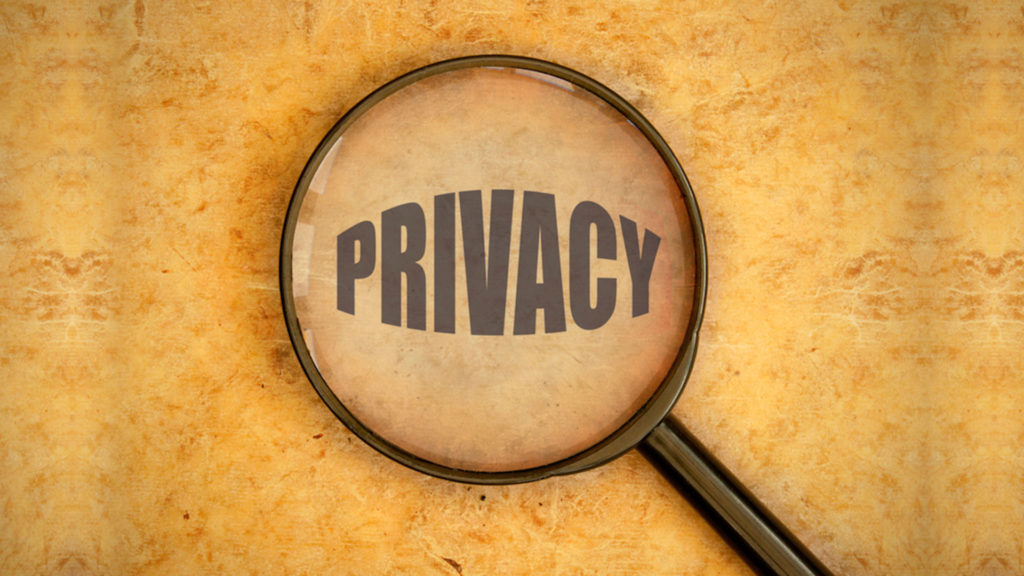Right to privacy in a modern democracy
The Supreme Court ruling on privacy settles the debate in India on this crucial issue, at least for now. But how does India compare to other democracies in protecting the privacy of its citizens?
Nearly 70 years after independence, finally Indian citizens can breathe freely. After two judgements by the top Court had held that privacy was not a fundamental right, the ruling on Thursday marks a significant shift in the position of the Courts on this issue and brings India a bit closer to the norm as far as the notion of privacy is concerned in most of the large democracies around the world.
In most western democracies, privacy is taken very seriously and is a right that is often invoked even by common citizens. For instance, in France, the country that was home to the signing of the Universal Declaration on Human Rights in 1910, photographing children in public areas, without the express permission of their parents, is strictly prohibited and the law is respected by media and others.
Similarly, the French law also provides for a one-year imprisonment and a fine of EUR 45,000 for violation of anyone’s privacy, which is considered to be broader than how it is viewed in India.
In the United States of America, too, a lot of value is put on an individual’s privacy, with some states going as far as protecting storage of limited amounts of marijuana in homes, under the right to privacy.
The European Union (EU) has perhaps one of the strictest privacy laws in the world, with a lot of emphasis on data protection and data privacy, allowing citizens to insist that companies do not store their personal data, as has become the norm with Google, WhatsApp and Facebook. Any EU resident can avail of the “right to be forgotten” forcing the internet companies and any other business to delete all data regarding the person’s purchasing habits or any other data that they may have collected. Incidentally, the data protection norms of the EU will soon come to bite the Indian ITES giants as none of them are yet “data ready” to meet the new and stricter norms that the EU will impose from 2018.
But it is not an entirely rosy picture for individual rights as privacy has taken a beating in many democracies, especially with the US invading privacy in the name of fighting terror as was exposed by the British media in 2014 claiming that tens of millions of American and British citizens had their telephone records collected by their respective national security agencies, a scandal that brought to the fore the fragility of privacy in today’s world of all pervasive smartphones and internet. The attempt by WhatsApp to share all its data, in the form of all chats, telephone calls, photographs and videos of the more than 200 million Indian subscribers, with its parent company Facebook, is yet another pointer towards the challenge of keeping privacy intact. Thankfully, though, this case is also up for a hearing shortly in the Indian Supreme Court.










